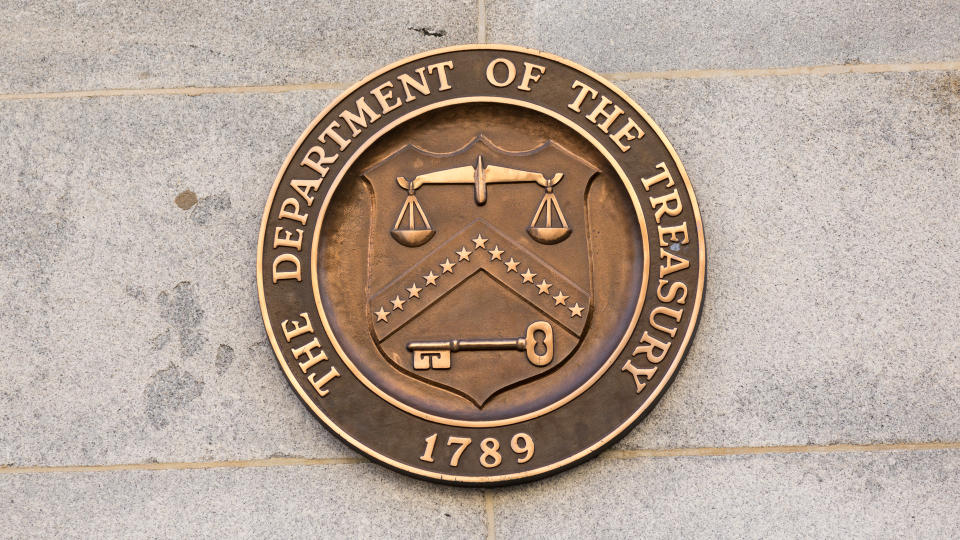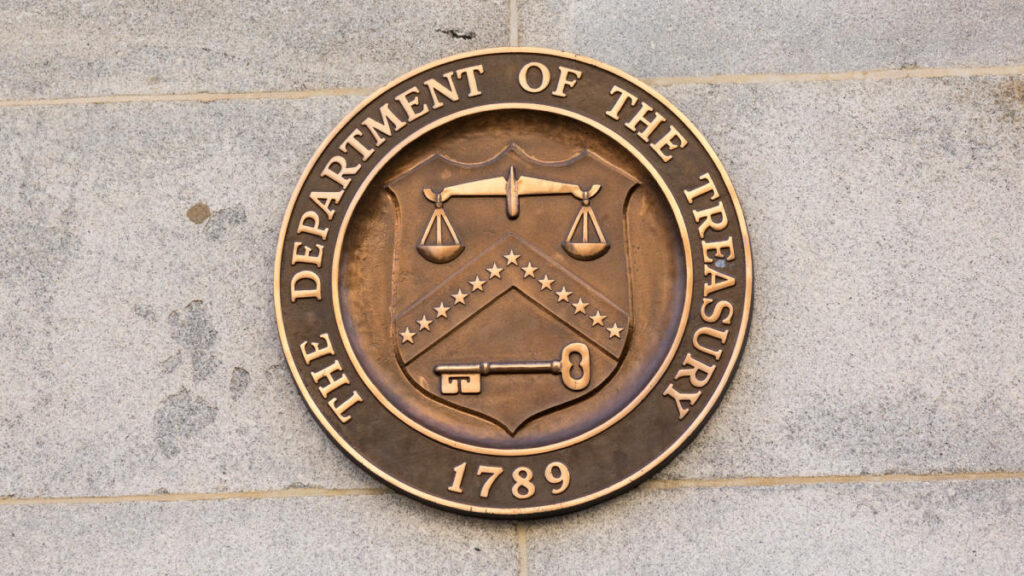
The new year is a time for making resolutions, setting goals, and finding ways to make this year better than the last — so it's the perfect time to take a deep dive into your financial plan.
See: 10 Value Stocks That Could Be the Next Apple or Amazon
Discover: 3 things you should definitely do when you reach $50,000 in savings
A lot can change over the course of a year, so it's wise to regularly review your budget, savings plan, and investment strategy to make sure they still fit your situation. External factors also play an important role, especially when it comes to investing. The economic and political outlook for the coming year is sure to influence all investors' strategies to some extent.
The wealthy, of course, update their investments regularly. They often have access to paid advice and unusual investments that the average person doesn't have, but that doesn't mean there aren't ways for the average investor to follow suit.
In fact, with a wide range of exchange-traded funds (ETFs) available to cover any strategy, investing is relatively easy. Here are four ways financial planners and investment advisors say their high-net-worth clients can invest in 2024.
sponsor: Do you owe more than $10,000 in taxes to the IRS? Schedule a free consultation to see if you qualify for a tax credit.
Small Cap
When a stock is referred to as large-cap or small-cap, it refers to the company's market capitalization — the combined price of all of its shares. Needless to say, other things being equal, the larger the company, the larger its market capitalization. The overall stock market had a very strong year, rising 24% in 2023, but most of that gain was driven by ultra-large companies (sometimes called mega-caps).
“S&P 500 returns are increasingly being driven by the Magnificent Seven (Apple, Microsoft, Alphabet, Amazon, Nvidia, Meta and Tesla), which account for roughly 30% of the S&P 500's market cap,” said Lori Van Dusen, founder and CEO of asset management firm LVW Advisors. “While the S&P 500 has been broad-based in terms of performance recently, investors concentrated here may need to rebalance and consider more undervalued segments.”
Small-cap stocks could be one segment investors should look at in search of cheaper valuations. While wealthy individuals usually have professional advisors who can help them pick stocks, it's also easy for the average person to invest in a diversified portfolio of small-cap stocks through ETFs.
I'm a financial advisor: These 5 index funds are what you really need
Investment Grade Bonds
For those unfamiliar with bonds, they are debt securities issued by companies or governments to raise capital. Investors who buy bonds receive regular interest payments in addition to a repayment of their principal at the end of a specified period. In times of low interest rates, bonds may not be a very attractive investment because, although they carry low risk, the returns are too low for the majority of investors.
However, we are no longer in a low interest rate environment; interest rates are now the highest they have been in 20 years.
“Most companies have paused bond issuance as interest rates have risen,” said Christopher T. Sargent, a portfolio manager at Bradley Foster & Sargent LLP. “I think we're likely to see high-quality companies issuing higher-yielding bonds in 2024. These can be a nice complement to Treasuries in a portfolio. Look to bonds from high-quality, profitable companies.”
There are many options for bond ETFs. Make sure you choose an ETF that invests in investment-grade corporate bonds. This way, you can be sure that all of the bonds in the ETF are issued by companies that have a high rating from credit agencies.
Real Assets
Real assets are investments that are tangible in nature. Unlike financial instruments like stocks and bonds, whose value comes from ownership, contractual rights, and other rights, real assets get their value from their inherent characteristics. That means they're actual things, not pieces of paper or entries in a broker's computer system. Commodities, real estate, land, and natural resources like water are all examples of real assets.
“Given inflationary pressures, we've seen a notable shift towards investments that traditionally hedge against inflation,” said Kwan Hatay, CFP, CFT, founder of Epiphany Financial Therapy. “Real assets such as real estate and commodities are attracting more attention as they tend to retain their value even as inflation rises.”
Real assets are one of the classic examples of investments that the wealthy can make that are out of reach to the average person, except for small amounts of real estate. Most people can't realistically buy farmland or water rights. However, individual investors can access some types of real asset exposure through ETFs that can invest in, you guessed it, real estate, natural resources, and commodities.
ESG stocks
Environmental, social and governance investing, also known as socially responsible investing, as the name suggests, means considering factors other than a company's financial prospects when making investment decisions. How a company engages with the environment, society and internal stakeholders can be just as important as a company's profitability and growth.
“In 2024, wealthy investors will increasingly focus on ethical investing and support companies and causes that align with their values, such as clean energy and social enterprise,” said Nathan Jacobs, senior research fellow at Money Mongers. “This is not just about doing good, but also about financial gain in a fast-growing sector.”
While ESG investing is less established than categories such as fixed income or real assets, there are many ETFs available for ESG-conscious retail investors, some of which are further specialized by criteria such as industry or company size. Because this category requires more active management, be sure to check the expense ratio of an ETF before investing; high fees can eat into your returns over time.
More from GOBankingRates
This article originally appeared on GOBankingRates.com: 4 Ways the Wealthy Will Invest in 2024

